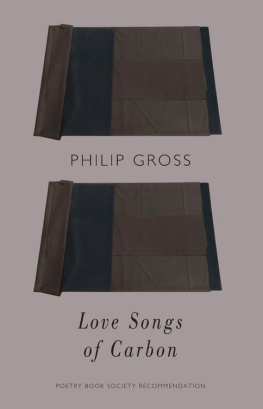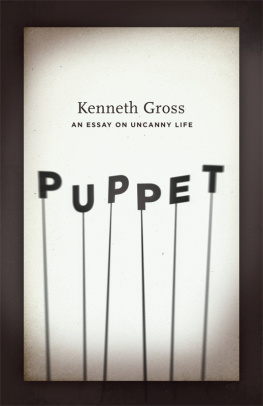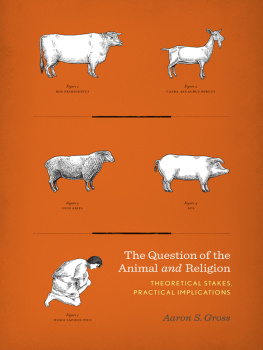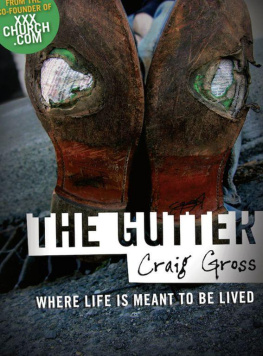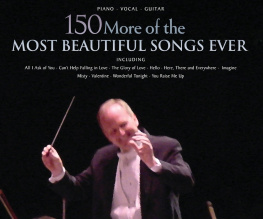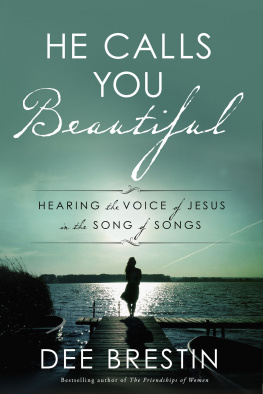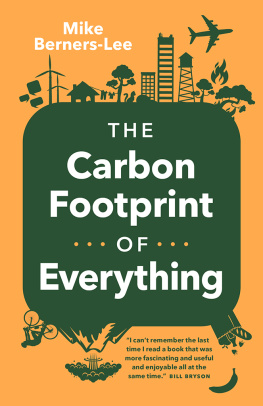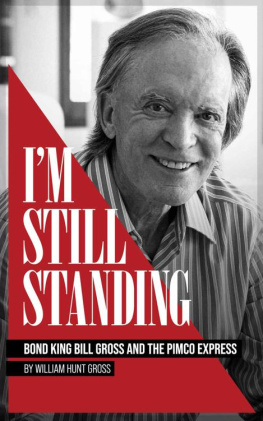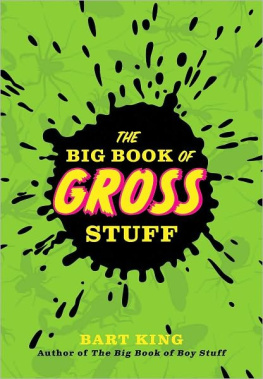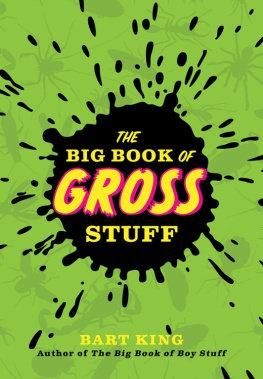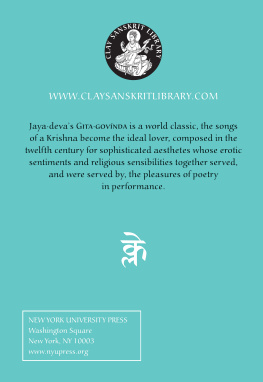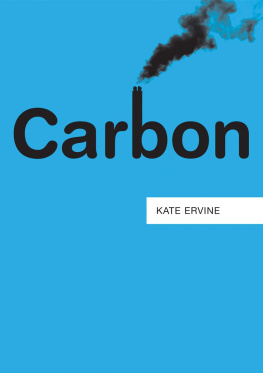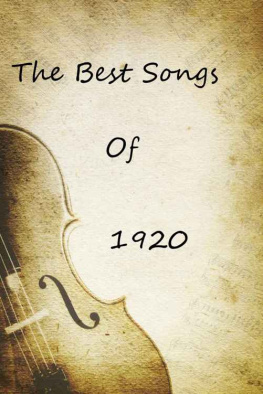Gross - Love Songs of Carbon
Here you can read online Gross - Love Songs of Carbon full text of the book (entire story) in english for free. Download pdf and epub, get meaning, cover and reviews about this ebook. City: Hexham;Northumberland, year: 2015, publisher: Bloodaxe Books, genre: Detective and thriller. Description of the work, (preface) as well as reviews are available. Best literature library LitArk.com created for fans of good reading and offers a wide selection of genres:
Romance novel
Science fiction
Adventure
Detective
Science
History
Home and family
Prose
Art
Politics
Computer
Non-fiction
Religion
Business
Children
Humor
Choose a favorite category and find really read worthwhile books. Enjoy immersion in the world of imagination, feel the emotions of the characters or learn something new for yourself, make an fascinating discovery.
- Book:Love Songs of Carbon
- Author:
- Publisher:Bloodaxe Books
- Genre:
- Year:2015
- City:Hexham;Northumberland
- Rating:4 / 5
- Favourites:Add to favourites
- Your mark:
- 80
- 1
- 2
- 3
- 4
- 5
Love Songs of Carbon: summary, description and annotation
We offer to read an annotation, description, summary or preface (depends on what the author of the book "Love Songs of Carbon" wrote himself). If you haven't found the necessary information about the book — write in the comments, we will try to find it.
Love Songs of Carbon — read online for free the complete book (whole text) full work
Below is the text of the book, divided by pages. System saving the place of the last page read, allows you to conveniently read the book "Love Songs of Carbon" online for free, without having to search again every time where you left off. Put a bookmark, and you can go to the page where you finished reading at any time.
Font size:
Interval:
Bookmark:
Cloth, 31 x 23 in. Blanton Museum of Art,
The University of Texas at Austin,
Gift of Laurence Miller, 2015 for Zlie
from beginning to end
Adrian Blamires & Peter Robinson (Two Rivers Press, 2014), The Bastille, The Book of Love and Loss, ed. June Hall & R.V. Bailey (Belgrave Press, 2014), The Compass, The Friend, The Poets Quest for God, ed. Fr Oliver Brennan, Todd Swift & Dominic Bury (Eyewear Publishing, 2015), and The Wolf. With thanks to Janet Passehl for her work in ironed cloth, Sleep (2011), which was the starting point for Thirteen Ways to Fold the Darkness, and appears on the cover of this book.
See the effort of scraping the paint across that surface. Almost pain. And the stuttering, crude and approximate edge. His own skin drying: scleroderma. Paint on that.
But sackcloth Paint that dries before its left the palette. That has to be dragged, already crusted. There could be despair in this. Or freedom, knowing that already were too late.
Like waking in the darkness, your heart thumping, but no other edge to your body, lost sensation of its borders just this, dull percussions surging. In, out, sure as the tide. If a tide could be dry.
See our two (do we even own them?) bodies sense each other, waking in the dark; each would know if the other was gone. We give out presence, weather, transpiration. Life is work and work is heat, the one sheer gift; we hold it here between us, just to spend on, subcontractors to the sun.
Look closer: every other one, turned up, turns out to be a repossession, the hermit crab squatting withdrawn in a bubbly funk with its cutting gear stacked at the door. Here, there and there, holding its breath, a garnet gobbet of anemone. And us? Were a long way from home; the cliff, the pier even, have a way-back and other world look like an opposite shore. Statistically, on average, wed be fathoms under odds against us, in the long view. And yet here we are: you, me.
Or, in our terms, Decay; lay down your intricate molecules: fruit, meat. skin flakes. Reclamation crew, night-cleaners, makers and-breakers of what we let slip First the self engorgement of the peach then its shrivelling. In the moist, the dark room, the ghostly blue-grey of the lustre on the plum skin is developing its imprint of the after-life. Then again: from a further remove whats the shimmery bloom on the rind, the lichen on the rock in orbit, but us: cave moss bristling its tiny luminescence in the black of space?
Small crude galaxies, a curdled Milky Way. Mould colonies as fertile and contingent as the flood-banks of the Nile. A year or two since this was new, clean, see-through; now, accommodating to the state of nature, almost as close almost as inside our own skins, as out of reach, its interior weather casts an aquarium light. In it, no one looks well.
Re capitulation. In all things, the silent sonata. Or simpler: a five-finger exercise, the great performer breaks us down to arpeggios: barcodes, black, white, yes or no, of the chromosome code, its racks of fractal demi-semi-quavers, not so much the art of fugue as the state of one; suddenly, among its tireless tiny repetitions a slip And were gone. Its a matter for us who are matter, who hang on each least note of it, of life and death.
Font size:
Interval:
Bookmark:
Similar books «Love Songs of Carbon»
Look at similar books to Love Songs of Carbon. We have selected literature similar in name and meaning in the hope of providing readers with more options to find new, interesting, not yet read works.
Discussion, reviews of the book Love Songs of Carbon and just readers' own opinions. Leave your comments, write what you think about the work, its meaning or the main characters. Specify what exactly you liked and what you didn't like, and why you think so.

